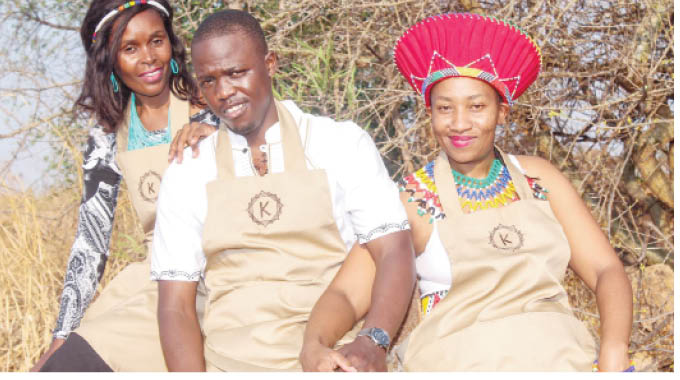Marginalised communities’ voices to be heard

Cletus Mushanawani/Fungai Lupande, Harare Bureau
Marginalised communities are set to have their voices heard on radio as Government has embarked on a programme to set up community radio stations across the country.
The programme, which is led by the Ministry of Information, Publicity and Broadcasting Services, is being piloted in 10 communities.
Shamva District in Mashonaland Central Province, with a population of about 123 650 people, is among the first beneficiaries because of the Chewa language spoken in the area. Chewa is one of the 16 official languages in the country’s constitution.
Speaking during a sensitisation meeting in Shamva yesterday, Information, Publicity and Broadcasting Services Minister Monica Mutsvangwa said strides had been made in ensuring that communities received radio signal.
So far, six national and 10 commercial radio stations are already broadcasting in Zimbabwe. “Shamva will result in the preservation of the Chewa language, culture, identity and help in the development of the community,” she said.
“The content aired on the community radio station should therefore cater for the information needs of the people living within that particular community as well as their languages. A community radio station is not a prerogative of the Government, but it is a community-driven initiative by community members as required by the Broadcasting Services Act.”
The Act requires community radio licensees to participate in the operations of the radio station through service provision, selection of programmes and membership of the governing body.
Community radio stations differ from public and commercial radio stations as they are not-for-profit, and are operated by the community, in the community, for the community, and about the community.
Minister Mutsvangwa urged communities to embrace the radio station initiative as it had great potential to contribute to the growth of the country and the local communities’ economies.
“A community radio is usually run by volunteers using low cost technology. It offers an opportunity for contributions by people whose voice is not much heard on national radio stations.
“It has huge potential to contribute to the growth of our economy as it creates jobs for various youths and other interested members of the community and can be used as an educational tool, providing a training platform for our children interested in broadcasting,” she said.
Community radio stations also help in safeguarding identities through passing the community legacy to the next generation. Government pledged support in setting up radio infrastructure in communities.
Minister Mutsvangwa said she was aware of the myriad of challenges faced by the broadcasting industry.
She said one of the key impediments was the high cost associated with acquiring radio equipment and radio licences.
“In our small way and anticipating your needs, Government will assist communities by setting up radio infrastructure and support operations at the radio stations.
“Let me assure you that my ministry envisages universal access to information and will work round the clock to ensure that the project becomes a resounding success,” said Minister Mutsvangwa.
Broadcasting Authority of Zimbabwe (BAZ) board chairman Mr Charles Sibanda said they were building up a Broadcasting Fund to support community radio stations in under- serviced areas.
“We don’t have money yet in the Fund but we are building it up so that we can have enough funds to support radio stations. Community radio stations are not for profit, so is BAZ, but when community radio stations are organised and their income exceeds expenses, they can maintain a surplus. This means they will be able to run their stations,” said Mr Sibanda.
Applications for community radio stations would soon be announced. The Shamva community has already embraced the initiative to set up a radio station and promised to make it a reality.
Madziwa Teachers’ College principal Mr Edward Phiri said they had already introduced Chewa as one of the indigenous languages taught at the college.











Comments